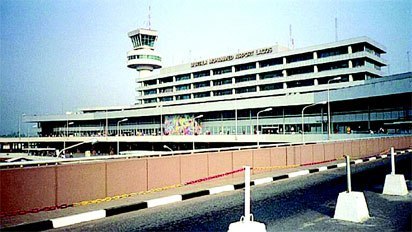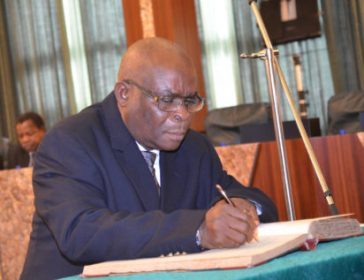
Aviation practitioners in Nigeria have blamed lack of government’s protection of the local airlines, for what they consider, the relatively poor revenue, accrueable to the industry.
They want the government to create an enabling environment for the growth of the local carriers.
Lilian Eze-Mark reports that bilateral air Services Agreements are treaties signed by countries to allow international commercial air transport services between their territories.
The agreements promote direct flights between the countries and enable movement of persons, cargo, trade and tourism among others.
International Air Transport Association’s records show that international airlines sold tickets worth $1.4 billion to Nigerian travellers in 2017 while tickets worth $800 million were sold in the first six months of 2018. But Nigeria’s inability to reciprocate the flights has reportedly cost the country at least $3b annually.
Nigeria has Bilateral Air Services Agreements with 91 countries but only 28 of the agreements are active. Enactment of ‘Fly Nigeria Act’ has been advanced as part of the solutions.
The foreign airlines enjoy multiple entry points into Nigeria thereby shortchanging the local airlines. The foreign airlines also remit huge amounts of ticket sales money out of Nigeria.
It is hoped that the Bill will be enacted soon as Nigeria continues to grapple with the economic effects of the imbalance of its bilateral air services agreements.





